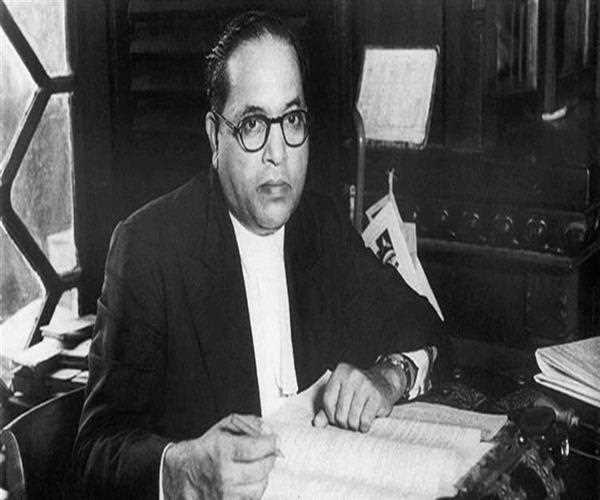The Constitution of India is the supreme law of India. It lays down the framework defining fundamental political principles, establishes the structure, procedures, powers, and duties of government institutions, and sets out fundamental rights, directive principles, and the duties of citizens. It is the longest constitution in the world, with 448 articles in 22 parts, 12 schedules, and 118 amendments.
The Indian Constitution is credited to B.R. Ambedkar as its founding father. He took part in the Constitution-writing process as a member of the Constituent Assembly. He played a pivotal role in the drafting of the Constitution and is credited with incorporating several safeguards for the protection of the rights of minorities and underprivileged sections of society.

Ambedkar was born in a small village in Maharashtra. He studied law at the Government Law College, Mumbai. He started his career as a lawyer but later joined the Indian National Congress. He was a close associate of Mahatma Gandhi and played an active role in the freedom struggle. He was arrested and jailed several times during the struggle.
After Independence, Ambedkar was elected to the Constituent Assembly from Maharashtra. He was a member of the Drafting Committee that was responsible for drafting the Constitution. He was also a member of the steering committee that guided the work of the Constituent Assembly.
Ambedkar was a strong advocate of federalism and is credited with incorporating several safeguards for the protection of the rights of minorities and underprivileged sections of society in the Constitution. He was also instrumental in the incorporation of the Fundamental Rights and Directive Principles of State Policy in the Constitution.
Ambedkar passed away in Mumbai in 1963.